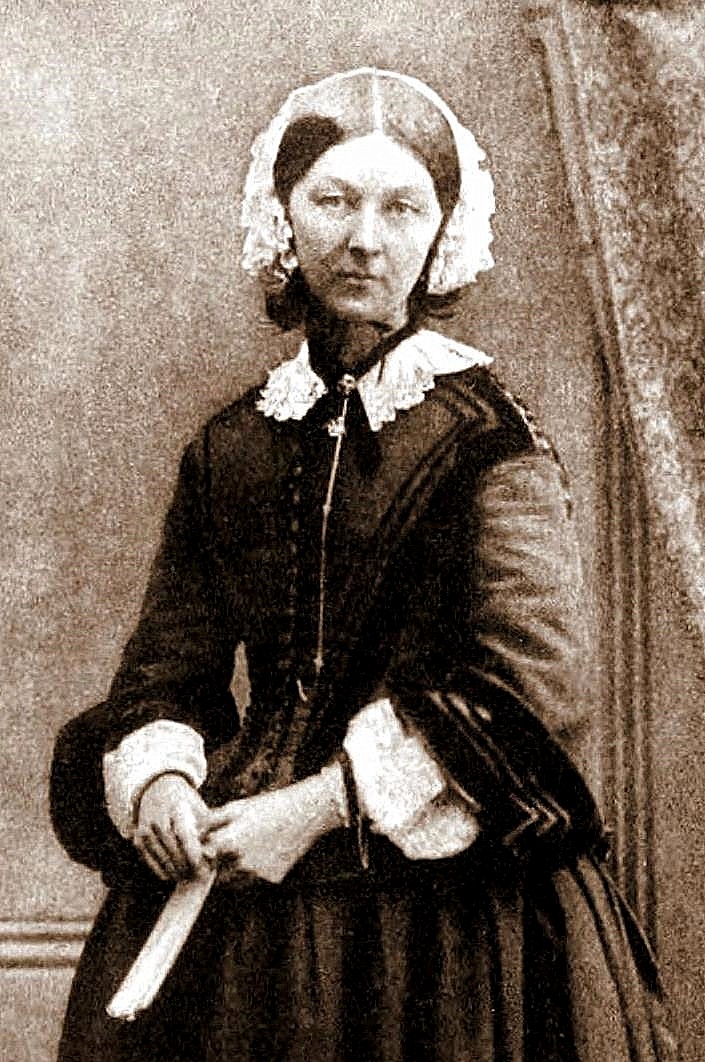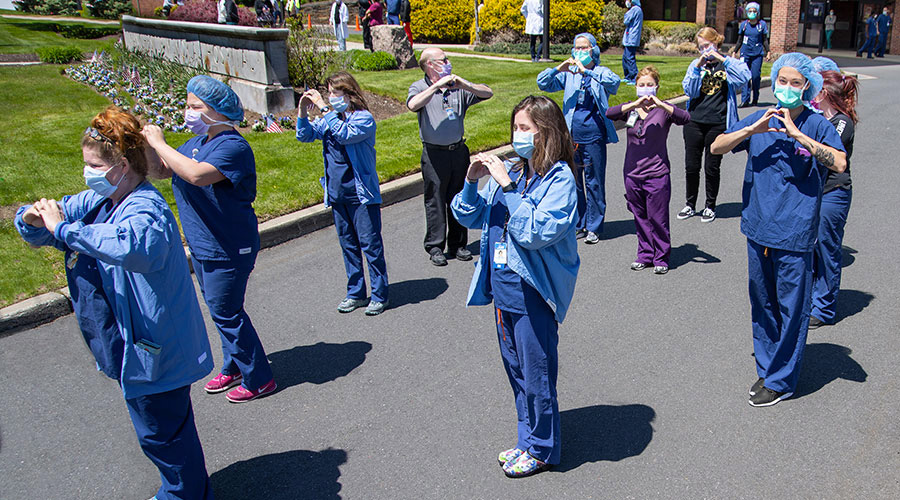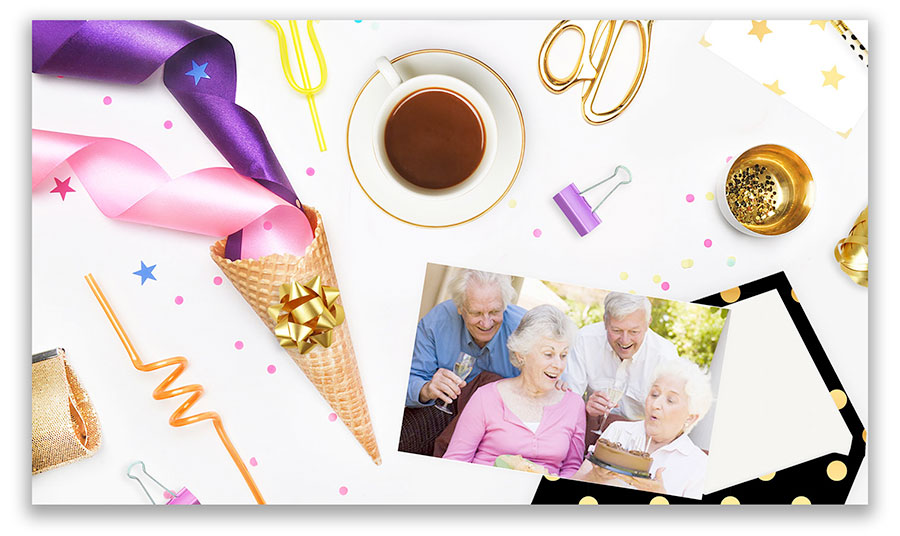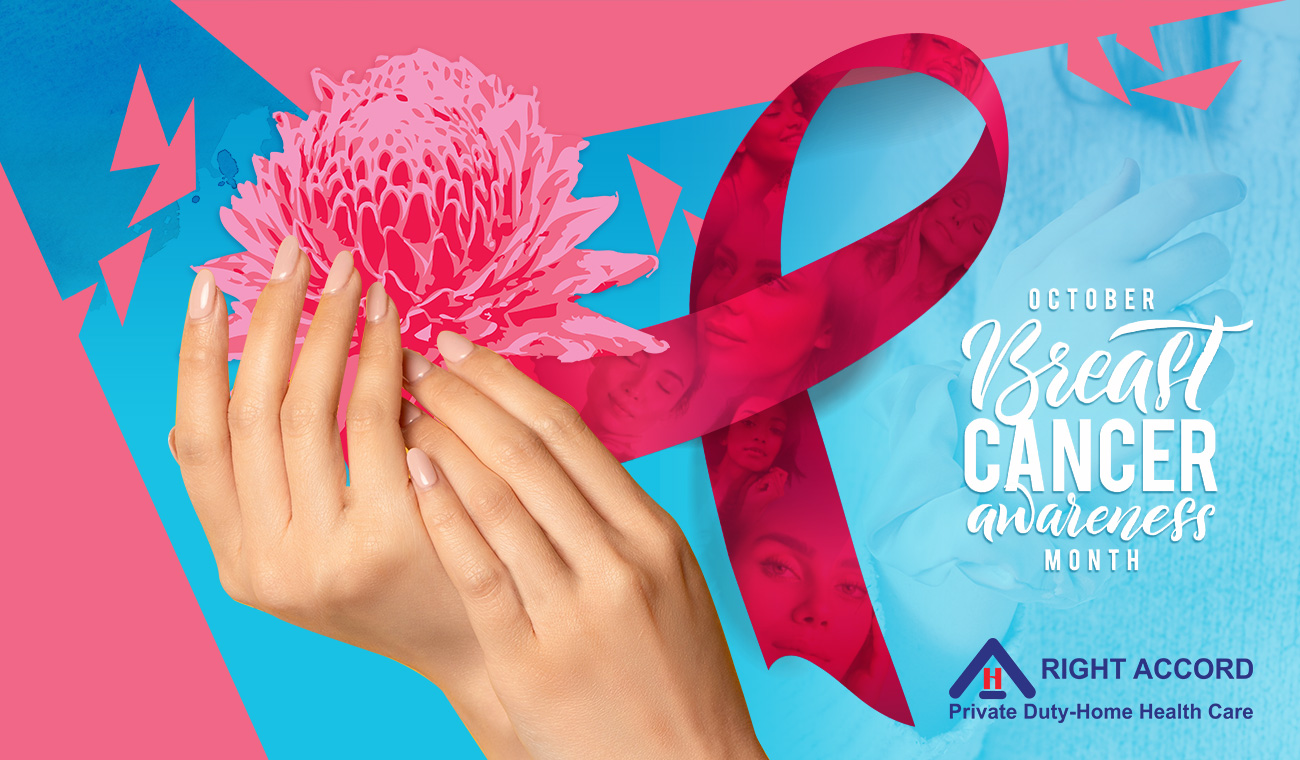· 7 min read
Celebrate Nurses Week 2021: Frontline Warriors and Everyday Heroes
May 6 to 12 has been set as days to commemorate and appreciate the important roles that nurses play in our healthcare systems. This blog gives them a full appreciation.

By: Rosemarie Tamunday Casanova — RN, BSN, MHA
May 6 to 12 has been set aside as days to commemorate and appreciate the invaluable importance and unquantifiable roles that nurses play in our healthcare systems. Like many other healthcare professionals, nurses are an indispensable part of the health system, without whom it can be argued quite confidently that the healthcare systems around the world would suffer irreparable damage, perhaps even a collapse.
According to the world health organization, of the 43.5 million health care workers worldwide, nurses make up 20.7 million of that work force. That is almost 50% of all health care providers. In the United States alone, the microcosmic representation isn’t any much different. The 3.2 million registered nurses in the country make up the highest percentage of any health care professional group in the health work force. This goes to show how important their duties. Hence, the need to take out time to appreciate their efforts.

Florence Nightingale Photo by Wikimedia Commons
National nurse’s day and week simultaneously mark the life and times of the matriarch and founder of modern nursing, Florence Nightingale. Born on the 12th day of May, 1820, Florence Nightingale went ahead to carve a niche where there wasn’t one before.
Revolutionizing care of the sick and wounded, first during the Crimean war and then with her establishment of the nursing school at St. Thomas hospital in London. The journey towards actualizing and cementing the worldwide yearly celebration of nurses has been a long and tortuous one but however, tremendous progress has been seen.
THE PROCESS TO ACTUALIZING NURSE’S DAY
The first step towards the establishment of world nurse’s day and week began in 1953 when Dorothy Sutherland who worked the United States department of health, education and welfare broached the issue with the then president Dwight Eisenhower.
Sadly, the president wouldn’t see to it that a day for commemoration would be established. By the following year, which coincidentally was the centenary commemoration of Florence Nightingale’s feat at the Crimean war, October 11-16 was for the first time, set aside to celebrate nurses.
However, an attempt to make this event a permanent thing didn’t succeed. By 1972, the house of representatives brought forward a resolution for a national nurse’s day and yet again, the president didn’t see to it. In January of 1974, the international council of nurses took the bold step to declare that May 12 would be known henceforth as the international Nurse’s day.
Two years after that, president Richard Nixon issued a Whitehouse proclamation declaring a week in the February of that year as national nurse’s week. At this time, things were beginning to take shape. The governor of New Jersey, Brendon Byrne, in 1978 decided to mark May 6 as the day to recognize and appreciate nurses in his state.
Not too long from then, in 1981, the American Nurses Association made a national call for the establishment and support of May 6 as the National recognition day for all nurses. One year after that, on the 25th of March, Ronald Reagan signed a proclamation, declaring the 6th of May as the national recognition day for nurses.
As of 1990, May 6 had been extended to May 6 – 12 and the week was hence referred to as the National Nurse’s Week. Although this was still speculative until 1993 when it became settled as the permanent date for the recognition of nurses. Ever since, May 6 – 12 has been the national nurse’s day.

Photo by Gerd Altmann on Pixabay
Theme for this year, 2021
The theme for this year clearly captures the challenges of the past year, one that virtually all nurses have given their time and resources and for which many have even paid the ultimate price. The theme for 2021 is FRONTLINE Warriors.
With the COVID-19 pandemic ravaging through cities and nations in the past year and leaving complications and even deaths in its wake, nurses have been one of those who have stood in the line in spite of the health care debilitations and physical strain when others were at home during the lockdown, safe behind closed doors and with the comfort of family.
Across the world, at least 1500 nurses have been lost to the coronavirus in the past year. This is not accounting for those who have suffered other emotional, physical or financial challenges during this period. This year’s celebration specially acknowledges nurses constantly putting their lives on the line for the sake of others.
How we can play a role in this year’s commemoration
By Creating Awareness
National nurse’s associations across the world will be doling out stickers and awareness posters especially online. Through our social media platforms, we can play a part in the awareness by sharing, forwarding and retweeting these posters for others to see.
Personal Appreciation of Nurses
During the heat of the pandemic and the lockdown that ensued across different countries, it was noticed that in different countries, people came up with the idea of an ovation for frontline workers. And across social media platforms, footages emerged of people actually clapping and clanging objects in unison and at a fixed time in appreciation of healthcare workers.
This was indeed motivating and a true show of gratitude. Communities in this period can come up with such ideas again to make nurses feel appreciated. As a more personal approach, pay a visit or send a card or message to a nurse you know or one who has played a vital role in your recovery process, thanking them for their contribution to society.

Photo on Unsplash
Get Creative in Appreciation
There are countless ways we can get creative about how we appreciate our nurses. We can choose to flood their tables with bouquets and thank you notes or we can decorate the entrances and hallways with appreciative photos and write-ups. Other ways could be gathering outside the hospital at your community to sing for the nurses. You can put up small groups and get creative with the process.
Make their Jobs Easier
Nurses have higher risks of suffering from back injury, even more than construction workers. This is a startling but true fact, not even considering the many other infectious diseases they could contract from the work they do and this goes to show how hazardous the job can sometimes be.
The biggest role we can play for nurses is to help them do their jobs as easily as possible. In this period of COVID-19, the onus lies on us to obey rules and guidelines put in place to keep us safe. When we relieve the burden on healthcare systems by adhering to these guidelines, we consequently reduce the stress that comes with the work, cut down their risk of exposure to infectious disease and occupational hazards. Therefore, the best gift you can give a nurse is to stay healthy.
It is such sacrifices like these that define our humanity - the compulsion to nurture and care for our kind from the cradle to the grave, putting ourselves on the line sometimes to accomplish these tasks. In truth, healthcare workers such as nurses are to be appreciated each day as their sacrifices are made daily. However, picking out a specific date or week is to commemorate these daily sacrifices and to say well done. We appreciate all you do.



